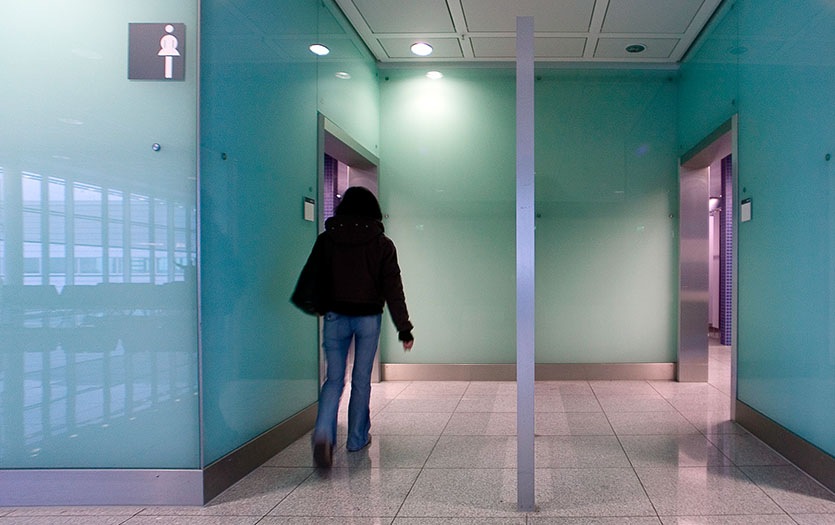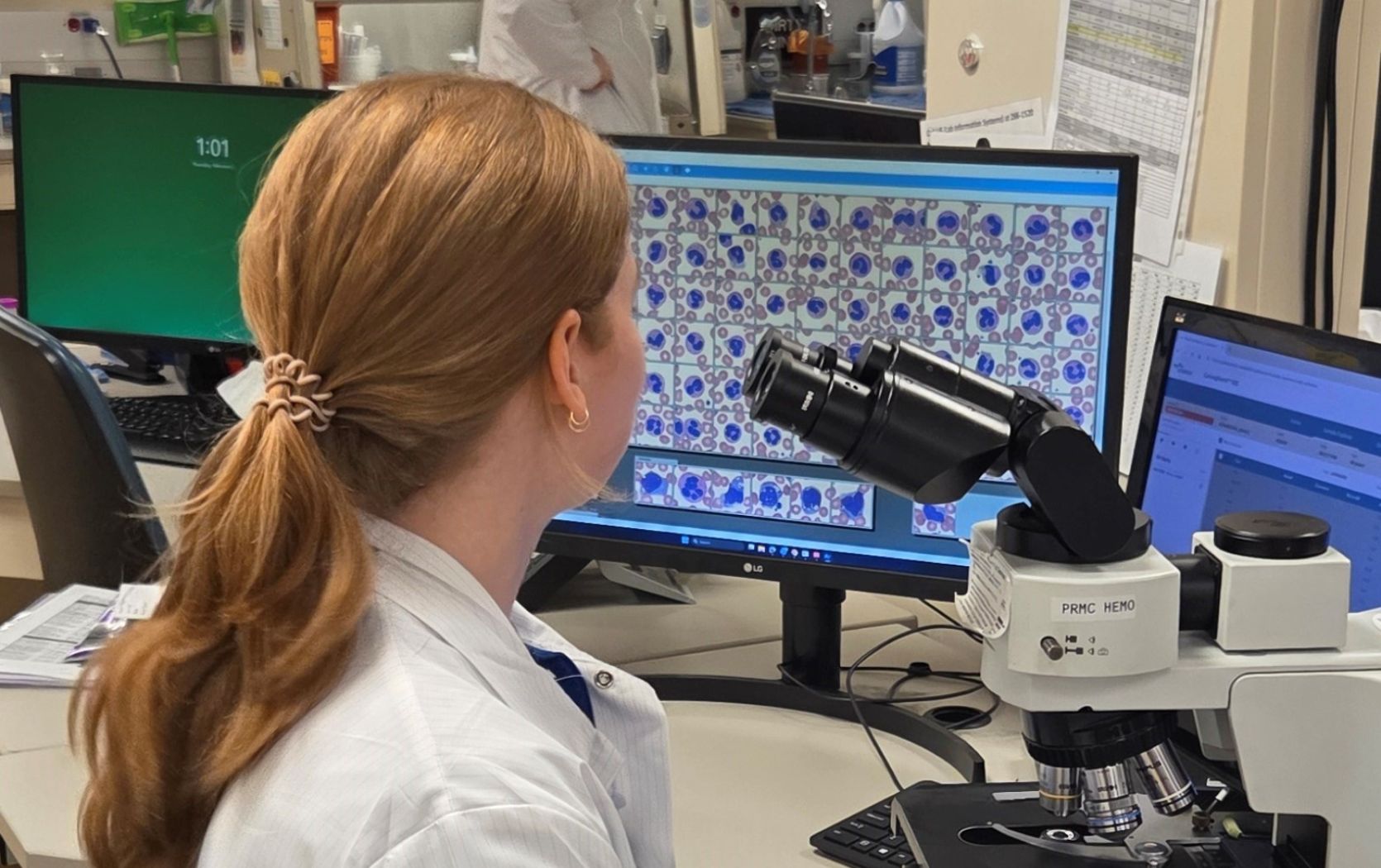
This post was written by Megan Daniels, NP, PPG – Gastroenterology.
Bathroom habits may not be common talk, but those patterns can offer a great deal of insight into your overall health. Most people should be going anywhere between three times a day and three times a week. Falling outside that range might mean you're constipated. Here's how you can fix it.
What is constipation?
Constipation is a problem with the passage of stool. It can look like:
-
Straining during bowel movements
-
Hard or pellet-like stools
-
Having fewer than three bowel movements per week
Some people may even experience diarrhea as a result of being constipated. This is called overflow or paradoxical diarrhea and occurs when watery stool goes around the solid stool.
What causes constipation?
Chronic constipation is a common problem. It can affect up to 15% of the population and may be due to several factors, including:
-
Decreased physical activity
-
Chronic health conditions like irritable bowel syndrome, thyroid conditions, Parkinson's disease, diabetes, nerve damage and pregnancy
-
Side effects of medications such as opioids, oral iron, antidepressants and diuretics
How to manage constipation
Restoring regular bowel function often includes determining the underlying cause. When constipation is linked to a chronic condition, addressing that condition may alleviate bathroom troubles. If a medication is the suspected cause, the prescribing provider may adjust the dosage or suggest an alternative. If that's not an option, here are some tips to help move things along:
-
Start with the basics. Increasing your fiber intake, drinking at least 64 ounces of water daily and including more exercise in your day can improve bowel motility.
-
Use laxatives wisely. Over-the-counter laxatives may also help. MiraLAX®, an osmotic laxative, is usually safe and effective for long-term treatment of constipation. Stimulant laxatives like Dulcolax® may be considered for short-term treatment. However, it is essential to avoid stimulant laxatives on a consistent basis as frequent use can lead to electrolyte abnormalities.
-
Adjust your posture. Sometimes, raising your knees above your hips or resting your feet on a low stool, like the Squatty Potty®, allows the stool to pass easily. Leaning forward and relaxing your stomach muscles also helps.
-
Listen to your body. Even if you're busy or in an awkward situation, it is best to go to the bathroom when your body signals it is time for a bowel movement.
-
Don't camp out. Sitting on the toilet for too long increases your risk of hemorrhoids, weakened pelvic muscles and potential rectal prolapse. Try to avoid spending more than 5-10 minutes sitting on the toilet.
-
Relax to release. It's easier said than done but managing your stress can also be a treatment for constipation. Your nervous system controls your GI tract. Some people even refer to your GI tract as your second brain. If you feel stressed or anxious, your gut could feel that way, too.
When to see a doctor
Never ignore constipation. Left untreated, it can lead to the development of hemorrhoids, fissures, fecal impactions or bowel obstructions. In some cases, constipation can be an early sign of colorectal cancer.
Watch out for warning signs like blood in your stool, unintentional weight loss or constipation that lasts more than three weeks. If you experience any of these, please call your primary care provider. If diet and lifestyle changes and OTC options fail, your provider may recommend prescription-strength medication. Physical therapy options, such as biofeedback therapy, can be helpful for people who unintentionally squeeze their muscles instead of relaxing them when having a bowel movement.
To learn more about Parkview's gastroenterology services, visit us here. If you're interested in establishing care with one of our providers, call our 24/7 scheduling center at 206-785-2631.




